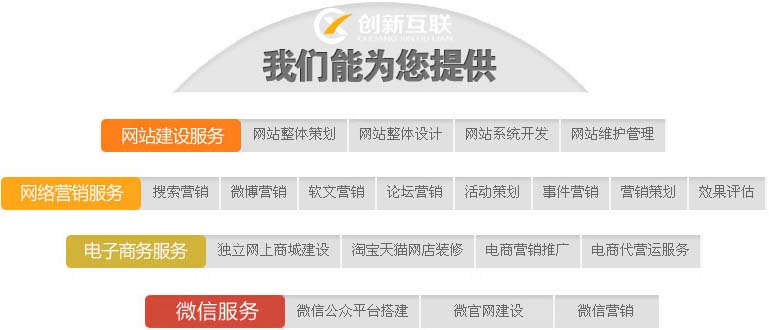This passage discusses how to integrate a provided drools package into datastream application.

Packaging:
If a maven project is provided by customer. In this case, you need to ensure that the pom file contains the following:
org.drools
drools-bom
pom
xxx
import
org.kie
kie-api
org.drools
drools-compiler
runtime
other dependencies
org.kie
kie-maven-plugin
xxx
true
In addition, a file kmodule.xml must be added to src\main\resources\META-INF folder. A minimum kmodule.xml likes like the following.
The default stateless ksession is mandatory.
Rule files can be put in main/resources as normal
The command to create jar file is still mvn package as normal. However, the jar created is a bit different. Here is a screenshot
Note that there is knowledge base cache file and kmodule file in META-INF. Two rule files in main/resources are shifted out into the root folder.
What if the customer does not provide a maven project? I guess the best strategy is to create a maven project by ourselves. If source code is provided, we just import source code into the maven project, otherwise, use customer provided jar as a maven dependency?
Note that kie module is introduced only after drools 6. So I don't think this will work for drools 5 and below. Also, for drools integration in streamtau, we are using the latest version 7.2.1. So whether earlier version like 6.x is fully compatible still remains a question.
Invocation:
Load rules:
First create a KieServices singleton instance.private final KieServices kieServices = KieServices.Factory.get();
Load the drools package into system:
protected DroolsDataHolder doLoadDroolsModule(DroolsLoadParam droolsLoadParam) {
DroolsParameters origParams = droolsLoadParam.getDroolsParam();
String moduleName = origParams.getModuleName();
try {
InputStream is = droolsDataLoader.getDroolsModuleAsStream(droolsLoadParam);
KieContainer curContainer = DroolsUtils.buildContainer(kieServices, is);
return new DroolsDataHolder(curContainer);
}
catch (Exception ex) {
logger.error("Error loading drools " + moduleName, ex);
}
return null;
}DroolsDataLoader is an interface that is designed to loads drools package as stream (via either file system or restful interface)
DroolsUtils is the utility class that builds a KieContainer from stream.
public static KieContainer buildContainer(KieServices kieServices, InputStream stream) throws Exception {
Resource wrapped = kieServices.getResources().newInputStreamResource(stream);
KieModule curModule = kieServices.getRepository().addKieModule(wrapped);
ReleaseId releaseId = curModule.getReleaseId();
logger.info("Release id generated for module: {}", releaseId);
KieContainer kContainer = kieServices.newKieContainer(releaseId, DroolsUtils.class.getClassLoader());
return kContainer;
}The returned DroolsDataHolder is merely a wrapper of KieContainer
public class DroolsDataHolder {
private final KieContainer kieContainer;
public DroolsDataHolder(KieContainer kieContainer) {
this.kieContainer = kieContainer;
}
public KieContainer getKieContainer() {
return kieContainer;
}
public void destroy() {
kieContainer.dispose();
}
}The loaded DroolsDataHolder will be cached unless rule is changed, which triggers a reload operation
public DroolsDataHolder getOrLoadDroolsModule(DroolsLoadParam droolsLoadParam) {
DroolsParameters origParams = droolsLoadParam.getDroolsParam();
String moduleName = origParams.getModuleName();
dataLock.readLock().lock();
try {
DroolsDataHolder curHolder = containers.get(moduleName);
if (curHolder != null) {
return curHolder;
}
dataLock.readLock().unlock();
dataLock.writeLock().lock();
try {
return doUpdateDroolsModule(droolsLoadParam);
}
finally {
dataLock.readLock().lock();
dataLock.writeLock().unlock();
}
}
finally {
dataLock.readLock().unlock();
}
}Invoke the drools module:
In stream environment, only stateless drools knowledge session is supported for now. The main reason is that stream is executed in a distributed environment. The session will be created on multiple JVMS, so it is virtually hard to share all the facts globally. Evaluating the rule is quite simple, it is composed of 3 steps:
public Class getRulePojoClass(DroolsLoadParam droolsLoadParam, String inputPojoClassName) {
DroolsParameters origParams = droolsLoadParam.getDroolsParam();
String moduleName = origParams.getModuleName();
DroolsDataHolder curDataHolder = this.getOrLoadDroolsModule(droolsLoadParam);
if (curDataHolder == null) {
throw new IllegalArgumentException("No drools module found by name: " + moduleName);
}
try {
ClassLoader cl = curDataHolder.getKieContainer().getClassLoader();
Class inputPojoClass = cl.loadClass(inputPojoClassName);
return inputPojoClass;
} catch (Exception e) {
throw RtException.from(e);
}
}The good thing about drools module is that it provides a self contained class loading environment. So third party jar dependencies are unlikely to cause conflict with the outside runtime environment. However, when we build an input event to drools engine, we need to use the KieContainer's class loader to find the input event class referenced in rule.
build a stateless kie session and invoke the rule
public List